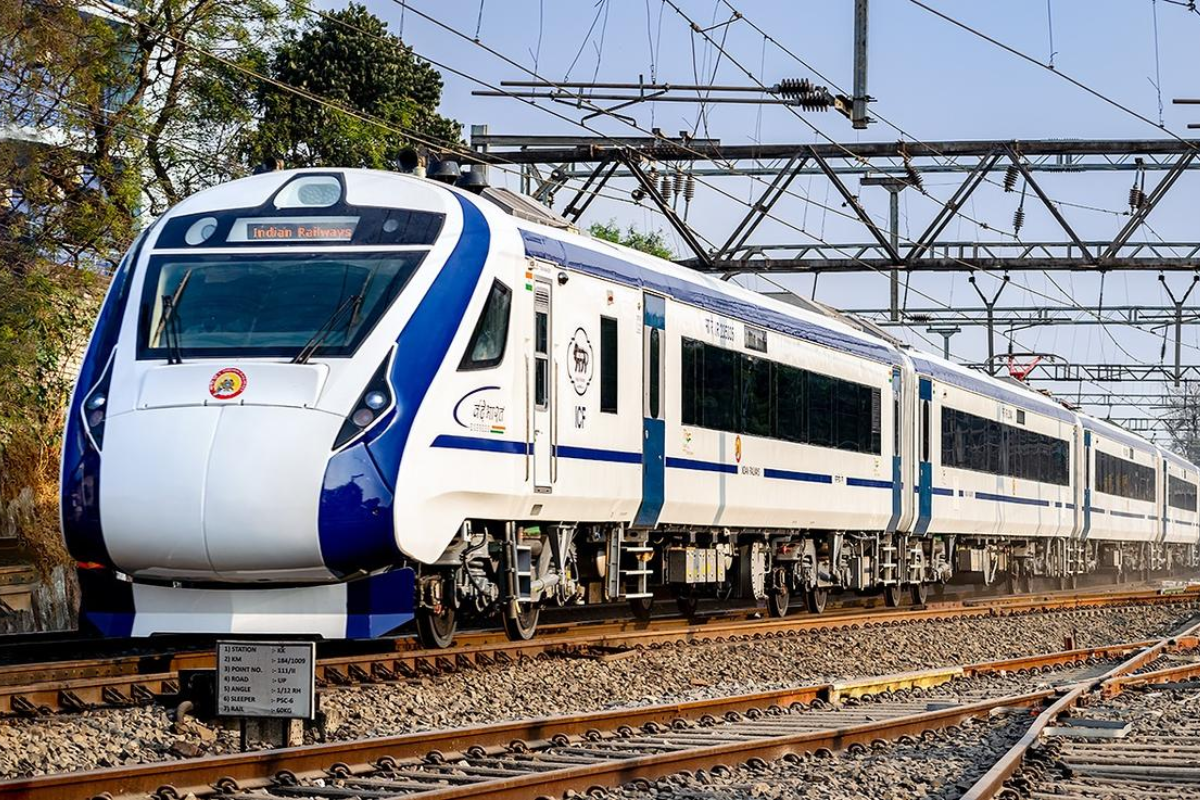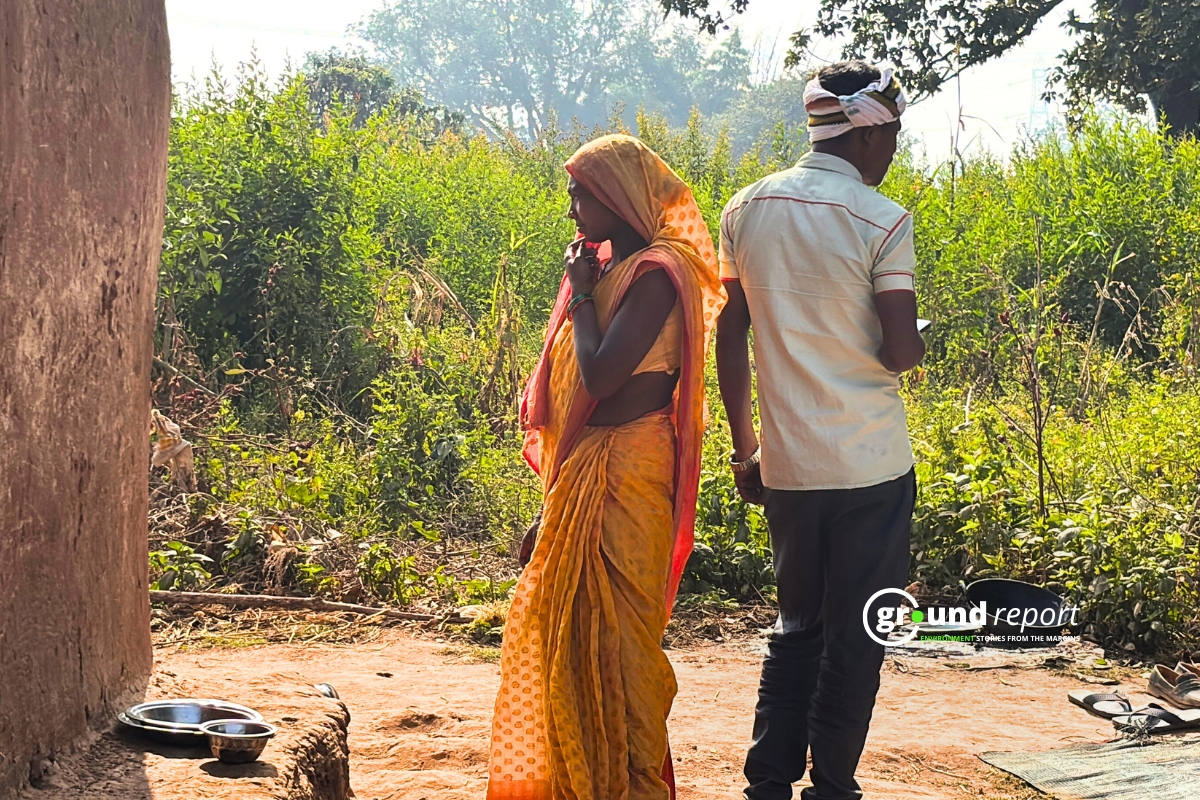A new cheque clearance system introduced by the central government to make banking faster has backfired in Madhya Pradesh. Since October 4, thousands of customers have faced delays in cheque payments as banks struggle with technical issues. The problem has come at the worst possible time, during the festive season when business transactions are at their peak.
Under the new rule, any cheque deposited before 4 p.m. is meant to be cleared by 7 p.m. the same day. The aim was to simplify cheque processing and reduce waiting time. But in cities like Bhopal, Indore, and Jabalpur, the system has created chaos instead of convenience. Cheques are not being cleared even after two or three days, leaving both traders and individuals without access to their money.
Bhopal has around 400 bank branches of 12 government and seven private banks. Together, they handle nearly 25,000 cheques every day. With the new system not functioning properly, payments worth crores of rupees are stuck. “Since October 4, not a single cheque has been cleared on time,” said a manager of a public sector bank in Bhopal. “We are facing technical problems, and many transactions have to be processed manually.”
The delay is hitting traders hard. Business owners who depend on cheque payments to keep their operations running are struggling with liquidity. “It’s the festive season, and our work depends on quick payments,” said Baldev Khemani, president of the Iron Manufacturers’ Association. “The new system has blocked our funds, and we can’t make timely purchases or pay suppliers.”
Why the delay?
Bank officials say the problem lies in how the new system was introduced. The technology requires banks to scan cheques and transmit the images digitally for real-time processing. But most banks in Madhya Pradesh are not fully equipped for this. The software used in many branches is outdated, and staff members have not been trained properly.
“The old system should have been upgraded before the new one was launched,” said V.K. Sharma, representative of the Bank Employees Association. “Without training, employees are struggling to handle the new process. That’s why cheques are stuck and customers are angry.”
Technical glitches are also slowing down the system. In several branches, the cheque scanners are not working properly, and image quality issues are causing the central servers to reject files. This forces bank staff to redo the process manually. “There are integration and scanning problems,” said a senior official from a private bank in Mumbai. “When the system fails to read cheque details, the process stops. Someone has to check and resend it, which causes long delays.”
What has changed?
The Reserve Bank of India introduced the new real-time cheque clearance system to speed up transactions. Earlier, banks processed cheques in batches at the end of the day. It often took one or two working days for funds to be credited. Under the new rule, the process runs continuously.
Cheques deposited between 10 a.m. and 4 p.m. are scanned and sent instantly to a central clearing system. The paying bank must confirm the cheque by 7 p.m. the same day. If there is no response, the cheque is automatically approved. This is designed to make payments almost instantaneous and reduce delays for customers.
But in Madhya Pradesh, the transition has not gone smoothly. Cooperative banks and smaller private banks are facing the most trouble because their internal systems are still based on the old model.
The Reserve Bank has acknowledged the problems and extended cheque clearing hours until 11 p.m. to help banks deal with the backlog. Officials say the glitches are temporary and should ease in the coming days.
Support us to keep independent environmental journalism alive in India.
Keep Reading
Highway Halt Puts Kashmir’s Fruit Economy at Risk
MP brings back Bhavantar as farmers lose soybean harvests
Stay connected with Ground Report for underreported environmental stories.
Follow us onX, Instagram, and Facebook; share your thoughts at greport2018@gmail.com; subscribe to our weekly newsletter for deep dives from the margins; join our WhatsApp community for real-time updates; and catch our video reports on YouTube.
Your support amplifies voices too often overlooked, thank you for being part of the movement.









